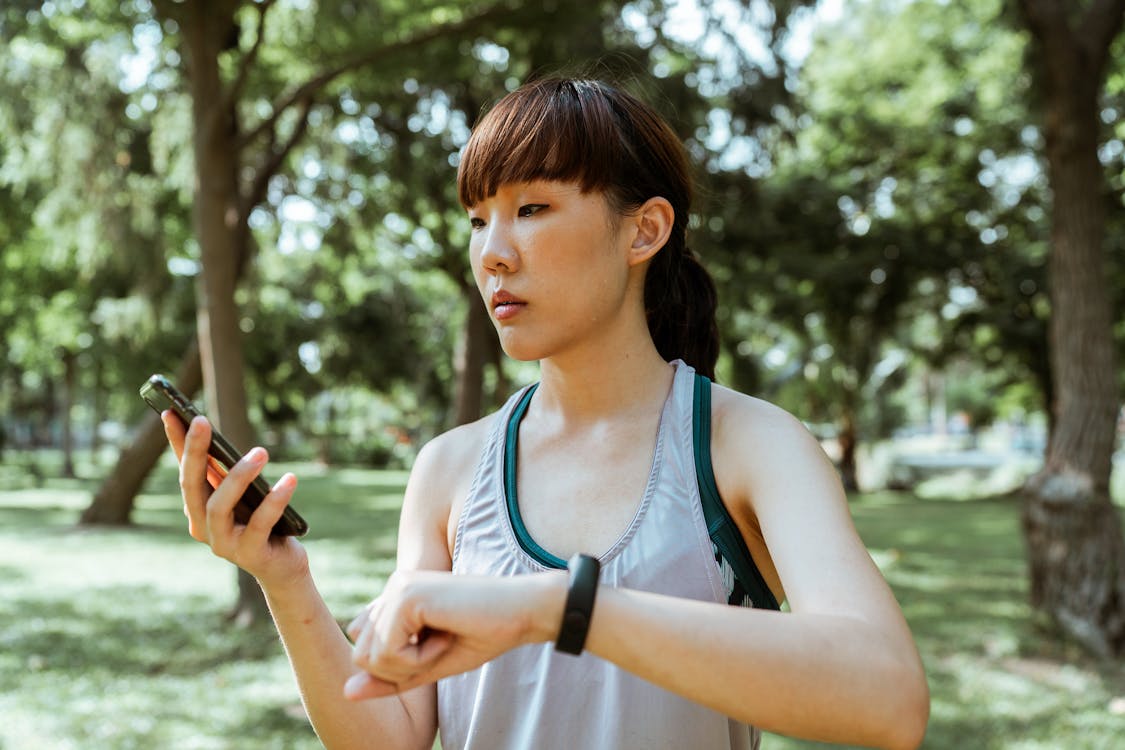
We, as people, have become more and more aware of the importance of taking care of our own health and wellbeing. This means that we all are looking for the best ways to monitor our health, track our food intake and work out how often we are working out.
Whilst there are old-fashioned ways to do this, digital health apps have become the fundamental way to ensure that you take good care of yourself.
The rise of the digital health app
Apps have definitely become part and parcel of our everyday lives, and it seems that we now have an app available to us for most things that we need to do. Shopping, banking, social media, and so much more, there are apps for everything that you may want to do in your life.
Continue Reading
By Dariya Lopukhina, content director, Anadea.
Mental health affects everyone at some point in our lives. A commonly quoted statistic in the UK is that one in four people suffer the impact of mental ill health. In the U.S., 80 percent of workers experience stress at some point every day, and anxiety and depression cost the world $1 trillion in lost productivity annually.
Once taboo, mental health is talked about more frequently and openly than ever before. From Hollywood celebrities to the British royal family, the impact and treatment for the global mental health crisis we are currently living through is rarely out of the news.
Young men, in particular, are being encouraged to talk more openly. Poor mental health, when it goes unchecked, can have a serious impact on overall well-being, physical health, relationships, work, productivity, absenteeism, money, and it can result in suicide. In the UK, suicide is the biggest killer of men under 45.
As a result, governments and healthcare providers need to find new ways to deliver mental health services. Digital healthcare solutions, including smartphone apps, are some of the most common ways to support those who need and want to access more help and support.
Continue Reading
